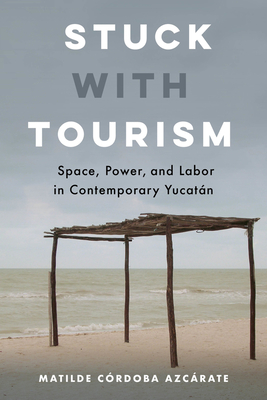Expedite your nonfiction book discovery process with Readara interviews, summaries and recommendations, Broaden your knowledge and gain insights from leading experts and scholars
In-depth, hour-long interviews with notable nonfiction authors, Gain new perspectives and ideas from the writer’s expertise and research, Valuable resource for readers and researchers
Optimize your book discovery process, Four-to eight-page summaries prepared by subject matter experts, Quickly review the book’s central messages and range of content
Books are handpicked covering a wide range of important categories and topics, Selected authors are subject experts, field professionals, or distinguished academics
Our editorial team includes books offering insights, unique views and researched-narratives in categories, Trade shows and book fairs, Book signings and in person author talks,Webinars and online events
Connect with editors and designers,Discover PR & marketing services providers, Source printers and related service providers

Stuck with Tourism: Space, Power, and Labor in Contemporary Yucatan
Social Science > Anthropology - Cultural & Social
- University of California Press
- Paperback
- 9780520344495
- 8.9 X 6 X 0.8 inches
- 0.9 pounds
- Social Science > Anthropology - Cultural & Social
- (Single Author) Asian American
- English
Readara.com
Book Description
Author Bio
I earned my PhD in Sociocultural Anthropology from the Universidad Complutense de Madrid (2007), where I also received a B.A in Sociology (2001) , and a B.A and M.As in Social Anthropology (2003, 2005).
Prior to joining the Communication Department as a faculty member, I have worked as an Assistant Professor, Anthropology Department, Universidad Complutense de Madrid (UCM) (2007-2013); a Fulbright Post-doctoral Fellow at the Earth and Environmental Sciences Program and The Center for Place, Culture and Politics at The Graduate Center, City University of New York (CUNY) (2010-2012); and more recently, as a Lecturer at the Department of Communication and a Research Fellow at The Center for U.S.-Mexican Studies, University of California, San Diego (2013-2016).
I am the author of one co-authored monograph, a small book on nature tourism in Yucatan, and more than a dozen peer-reviewed journal articles and book chapters examining processes of spatial enclosure, the politics of heritage, tourism (im)mobilities, and the contested nature of hegemonic and alternative tourism imaginaries.
My research has been funded by The Fulbright Postdoctoral Program (2010-12); The Institute for Science, Innovation and Society, University of Oxford (2010-2011); The National Plan for Research and Development, Ministry of Science and Innovation, Spain (2004-2008; 2008-2011; 2012-2015) and more recently, the UC San Diego’s Non-Senate Faculty Development Awards (2015; 2016).
My teaching interests include critical globalization; cultural industries and consumer cultures; tourism as a social form; the ideology and production of nature; capitalism and its ecologies; ethnographic methods. Currently I am part of the editorial boards of Revista de Antropología Social, the Journal Transfers: an interdisciplinary journal on mobility studies, and Etnográfica.
Research Interests
My research uses a political ecology approach and ethnographic perspective to understand the relations between tourism, space and capitalism. I work across the fields of social and urban anthropology, critical geography, development and tourism studies.
My book Stuck With Tourism: Space, Power and Labor in Contemporary Yucatán (UC Press 2020) examines the socio-spatial and economic restructuring brought about by the implementation of tourism as a state development tool in the Mexican Yucatan Peninsula since the mid 1970s. The manuscript builds on extensive ethnographic research on mainstream and alternative forms of tourism development in the region and it is informed by multi-sited, global and mobile ethnography approaches.
Recently I have co-edited the volume Tourism Geopolitics (University of Arizona Press, forthcoming 2021) which aims to expand discussions around the politics of tourism and the ways in which tourism becomes a political and politicized tool in processes of statecraft, territorial expansion, sovereignty disputes, border migration and infrastructural expansion around the world. I see this project as the beginning of a larger project on the ways in which service-oriented infrastructure developments, such as Train Maya in Yucatán, are used in the name of redistributive and emancipatory politics.
Source: University of California San Diego
Videos
No Videos
Community reviews
No Community reviews

